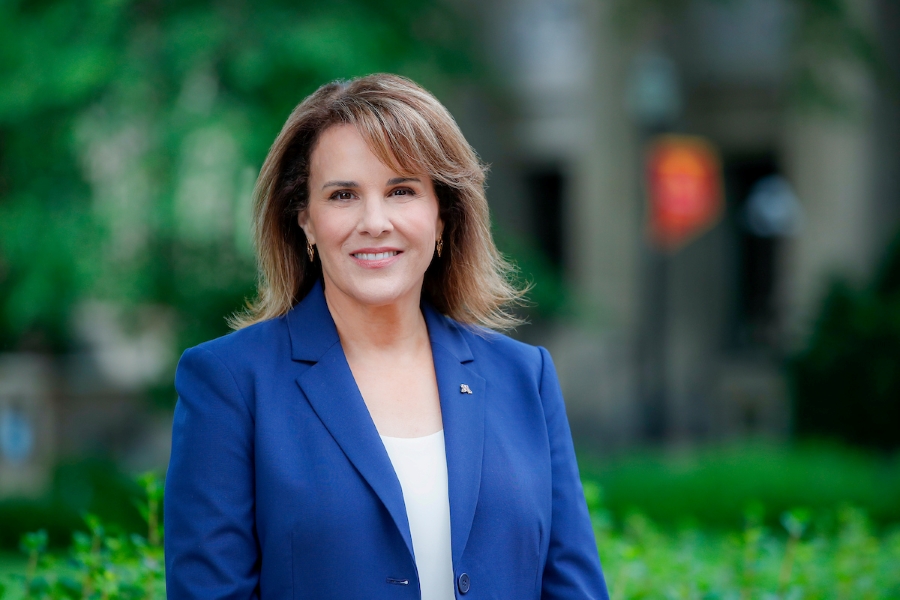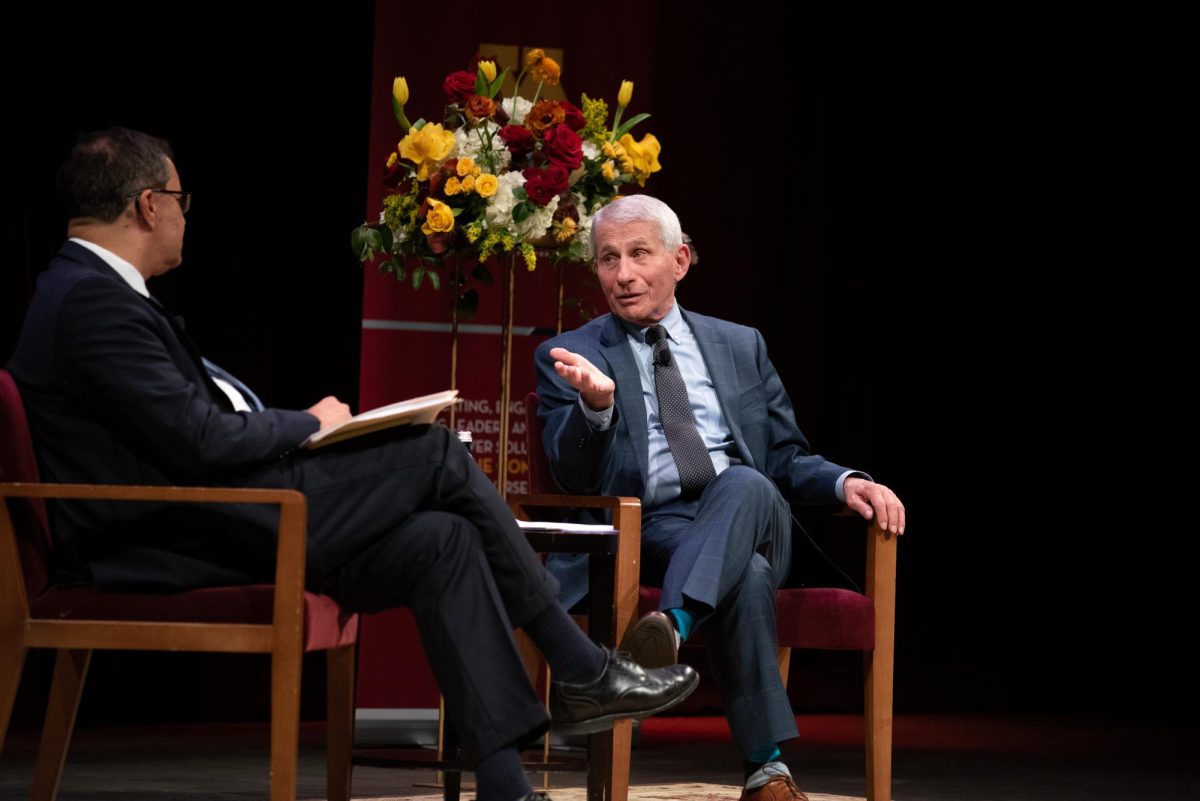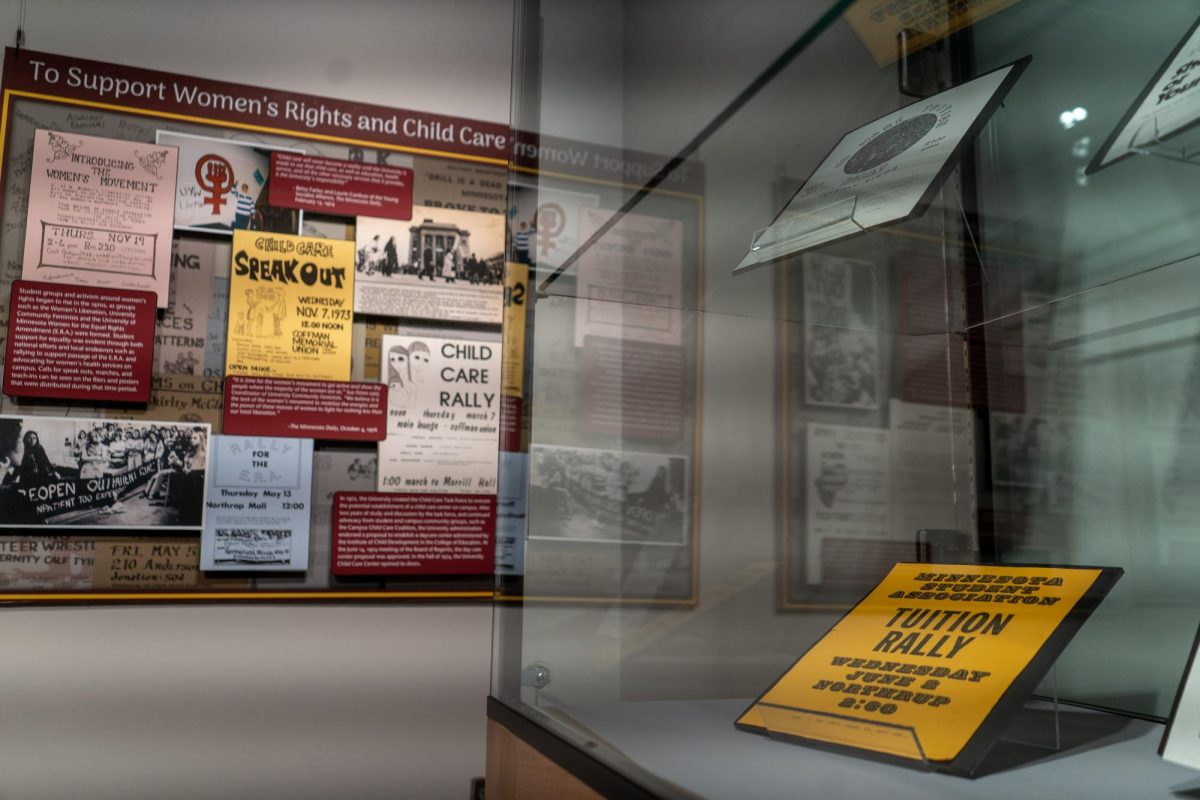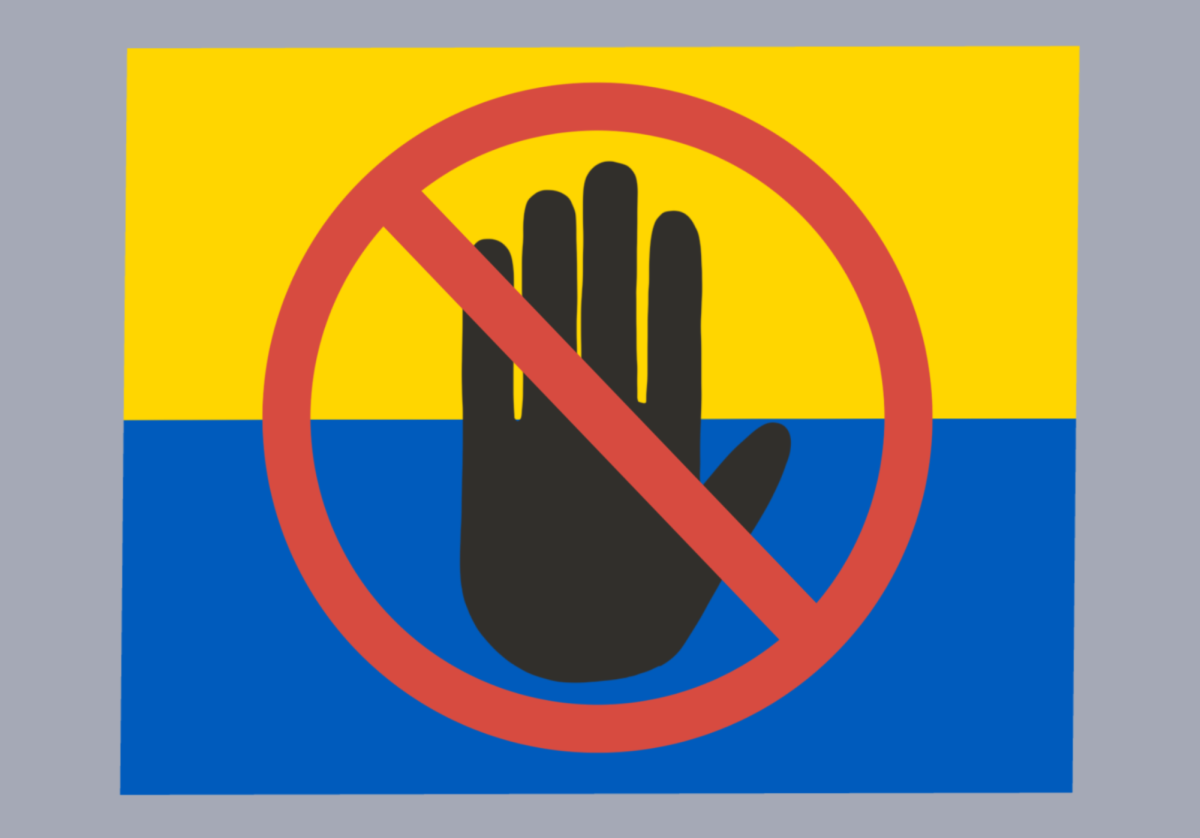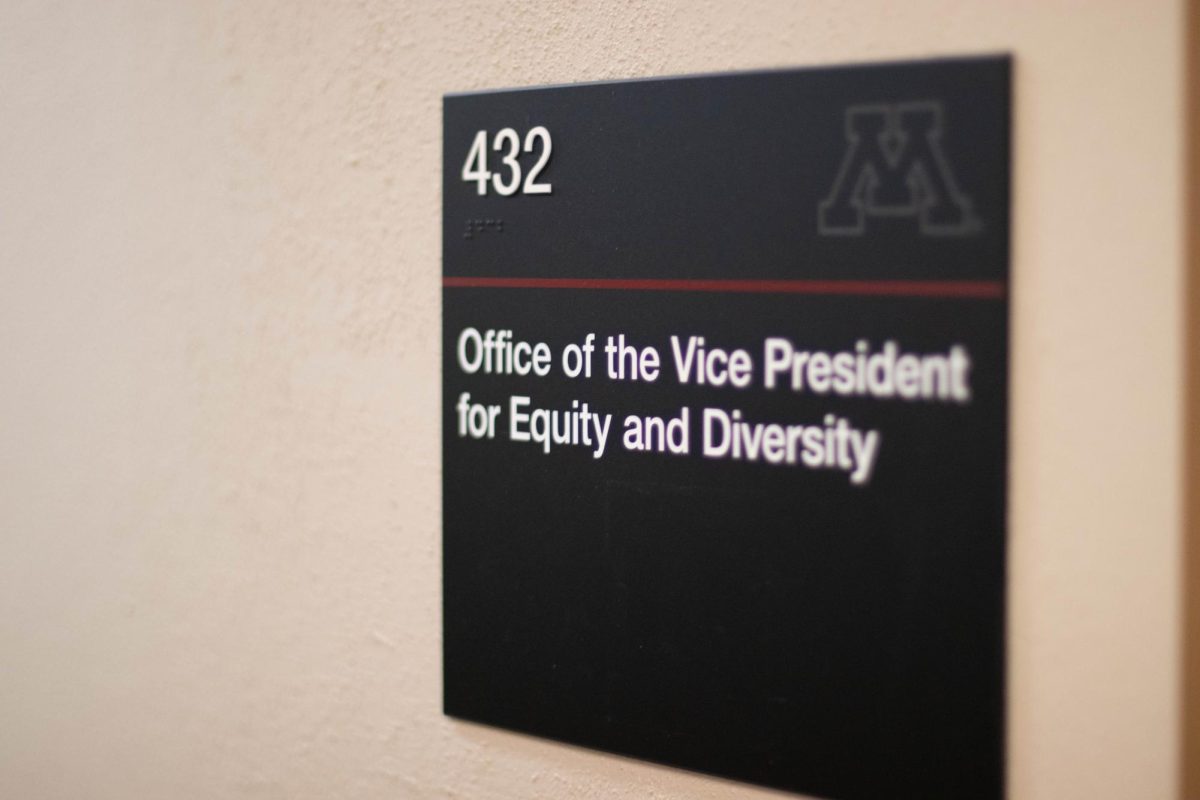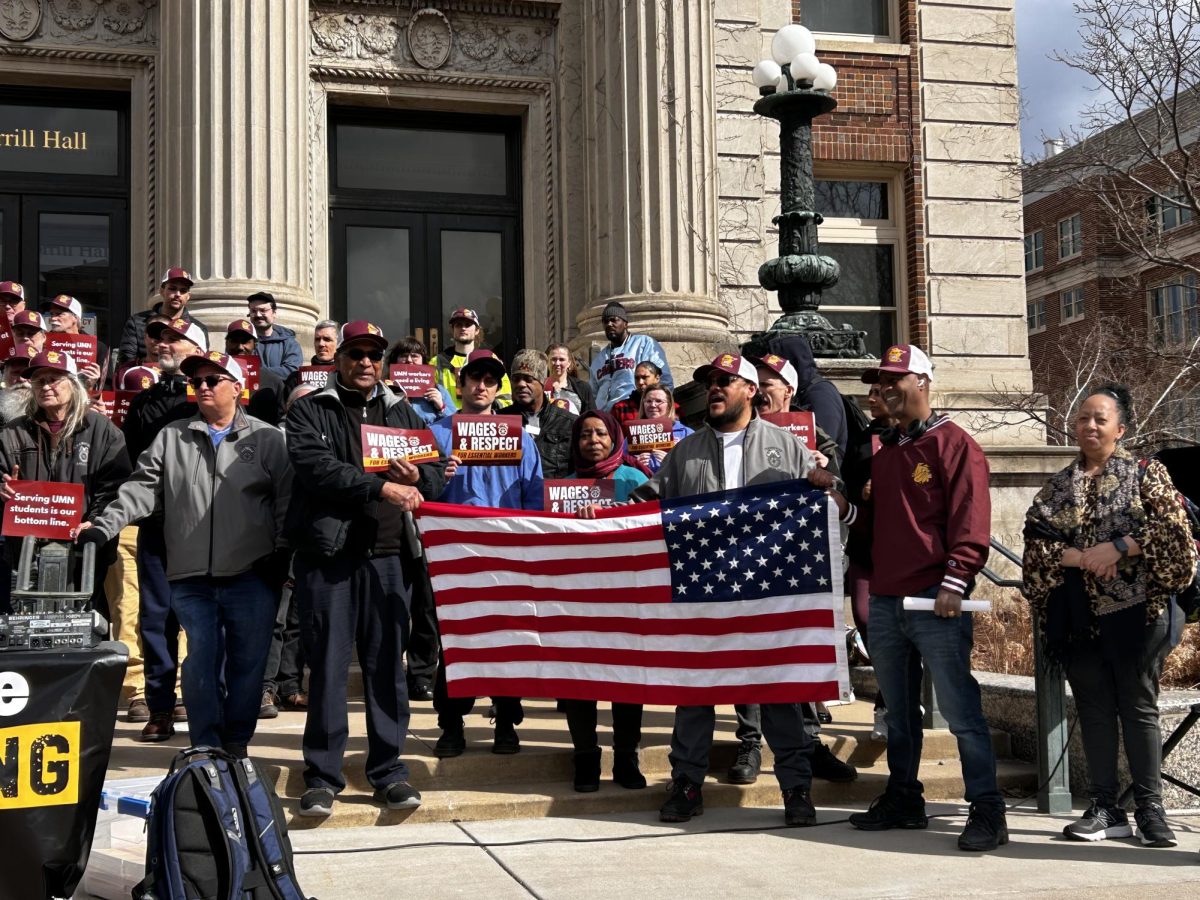In an interview with the Minnesota Daily on Tuesday, University of Minnesota President Joan Gabel spoke on the Halloween fireworks, the graduate student wage raise petition and University Regent Steve Sviggum’s comments questioning the diversity of the University of Minnesota Morris.
Gabel also explained the confusion around spring commencement, union negotiations and the St. Paul campus’s active shooter threat last October.
At the October Board of Regents meeting, Regent Steve Sviggum made comments questioning the diversity of the University of Minnesota-Morris. Sviggum resigned from his vice chair position and announced he will not be seeking another term after many people spoke out against his comments. Do you think his resignation was the best course of action? What do you have to say to the members of the University community who were impacted by Sviggum’s statement?
“The Board of Regents is a publicly elected body and serves by virtue of a selection process. Administration of the University has no role in how they [regents] govern themselves. It was a difficult time for our entire community, and especially in Morris. I’m glad that action was taken, and I think the totality of effort that’s been undertaken is meaningful and productive.
And so what we do as an institution is double down when moments like this happen, on training, the availability of support and the assurance of quality leadership in the DEI space. The board has committed to this training and is working directly with the Morris community. There’s no finish line to this; we are always working on this.”
On Halloween weekend, multiple students were harmed by fireworks being thrown and set off near campus in Dinkytown, causing concerns among students, business owners and parents. In response, the University launched Operation Gopher Guardian to crack down on these crimes, receiving mixed reviews questioning the increased police presence near campus. Now that the program has ended, how does the University administration plan to move forward to ensure safety for all members of the University community?
“There’s nothing more upsetting than learning of members of our community, student, faculty or staff experiencing an emergency or a crime like the one that you described. It is frustrating when it happens near but off campus because that limits our ability to take the lead in the response. What you saw with Operation Gopher Guardian was a shared response given this particular set of events and the uptick was in adjacent neighborhoods, a very partnered response between the University and Minneapolis police who have the primary responsibility for that jurisdiction.
But we know that increasing police presence, while helpful, is not a perfect solution, especially given that many members of our community don’t feel safe under that circumstance. We’re addressing this through the MSafe process, which has been going on now for a couple of years, with deep consultation and listening, while at the same time looking at the expertise of law enforcement on how to minimize the risk of crime. We are not perfect, and there’s still more work to do.”
On Oct. 25, many University students and faculty received shelter in place notifications, warning them about a homicide suspect at large. Afterward, it was revealed they were not in proximity of the suspect, but this raised concerns about safety procedures after students and faculty experienced confusion in figuring out what to do in that moment. What do you think about the University’s current emergency response plans for active shooters? After hearing that some students are not well aware of these procedures, will the University consider increasing awareness and training?
“That was a very strange moment, since the alert was an error. The training that the University does around active shooter preparation has been in place for a while. Many of us have gone through it, but it’s voluntary, so not everybody has.We re-announced to the community via an email from Senior Vice President Myron Frans, the availability of that training and how to access it. And we’ll do a few reminders on that, so that people who want to understand how to be prepared and what to do can learn how to do it. I’ve done it myself, and I strongly encourage everyone to do it.”
It was announced last month that commencement for the whole class of 2023 will be held in a joint ceremony at Huntington Bank Stadium, compared to separate ceremonies. Although plans are still in the works, how is the University planning to ensure graduates will be appropriately recognized for their accomplishments?
“The provost has apologized for the confusion from early communication around this and I add my apology for the confusion on that too. I know how important commencement is to every member of our community. It bears repeating a logistical issue because most of those individual ceremonies were in Mariucci and it has to go through maintenance in order to fulfill its core purpose, which is to be the home of gopher hockey. There’s a whole planning committee of students, faculty, staff and alums working on this. They know that their charge is to create an experience that acknowledges the accomplishment of graduating students. Exactly how that’s going to happen is still in the works.”
Do you think graduates will be missing out in any way due to this modality of commencement?
“I don’t think so. There are a lot of different ways to celebrate this accomplishment. It will be a little different from how we usually do it. There are lots of examples of institutions who engage in ceremonies that are different from ours but are still really wonderful, fun and appropriate for the accomplishment that we’re recognizing.”
After multiple University unions voted to go on strike or spoke out about frustrations with contract negotiations earlier this fall, the University reached deals with both the Teamsters Local 320 and AFSCME 3800 unions through negotiations. Although the wage increases offered by the University are the highest in 26 years, many workers are still unsatisfied, citing it doesn’t keep up with rising inflation. How does the University plan to prioritize University workers moving forward after they raised widespread concern over their working conditions?
“These negotiations are not easy, but we know both sides came to the table wanting what was best for our workers in the communities that they represent. Our collective bargaining agreements are voted into effect by those unions and they agreed to the terms and they will go to the Board of Regents for approval in December. Those get at pay increases and an effort to do a variety of other things that go into the quality of life of being employed at the University of Minnesota.
We’re in a very challenging time with inflation. It has hit a lot of people really hard, particularly many of our employees who are represented, so we want to make sure they earn enough. We continuously evaluate every year as we do for our employees who are not in unions to make sure that people are paid fairly.”
Last spring, a petition calling for increases in graduate student pay received more than 120 pages of signatures, including ones from 50% of the graduate student body. In response, the University raised the minimum pay stipend for part-time workers by 3.85%. Many graduate students say this is not enough to help them stay financially stable and keep up with the rising cost of living in the Twin Cities. Do you think graduate students play an important role at the University, and if so, in what ways? How does the University plan to support graduate students moving forward?
“Graduate students play a critical role at the University. We’re very proud of both the quality of the work that they do and the kind of graduate students that we attract. Everyone is struggling right now in this inflationary environment, and we fully acknowledge that, and we’re doing a really robust set of work to try to get things as close as we can to where they need to be. We work really closely with the Council of Graduate Students and have made a set of improvements last year, and we’ll make another set of improvements this year.”
This interview has been edited for clarity and length.
Correction: A previous version of this article misstated information about union strikes. Multiple unions at the University voted to go on strike or spoke out about frustrations with contract negotiations before reaching deals with the University. The unions did not go on strike.


